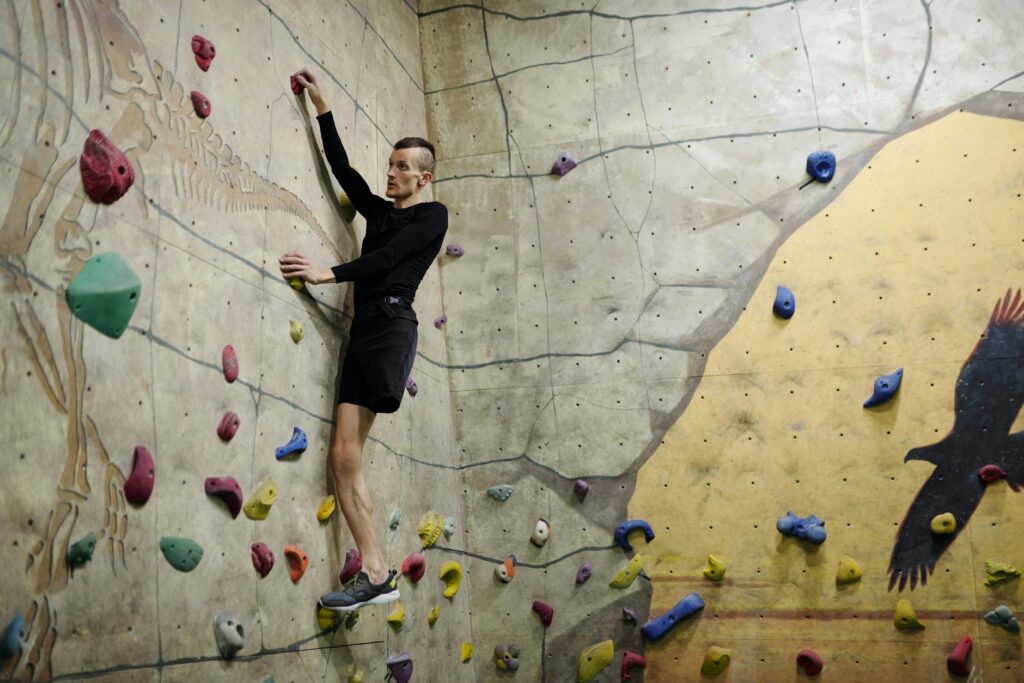What is adaptability training?

What is Adaptability Training?
In our fast-paced world, the ability to adapt is more important than ever. Adaptability training equips individuals with the skills to handle unexpected changes and challenges efficiently. This training not only enhances productivity but also fosters personal development. Whether in a personal or professional setting, being adaptable can significantly impact how we navigate life’s twists and turns.
Defining Adaptability Training
Adaptability training is a process designed to enhance one’s ability to adjust to new conditions. It helps individuals learn how to respond effectively to changes, whether they are minor disruptions or major shifts in their environment. This skill is crucial because it enables personal growth and professional success. In workplaces that are constantly evolving, employees who can adapt are more likely to thrive and contribute positively to their teams.
Key Components of Adaptability Training
Adaptability training consists of several essential components, including:
- Flexibility: The ability to shift gears when necessary without losing momentum.
- Resilience: Bouncing back from setbacks and maintaining a positive outlook.
- Problem-solving: Developing creative solutions to unforeseen challenges.
Together, these elements create a robust foundation for individuals to thrive in dynamic environments.
Benefits of Adaptability Training
Investing in adaptability training offers numerous advantages. Here are some key benefits:
- Enhanced Productivity: Adaptable individuals can better manage their time and resources, leading to improved efficiency.
- Improved Work-Life Balance: By learning to navigate changes effectively, individuals can reduce stress and create a healthier balance between work and personal life.
- Personal Growth: Adaptability training promotes continuous learning and self-improvement, allowing individuals to reach their full potential.
Improving Problem-Solving Skills
One of the most significant advantages of adaptability training is the enhancement of problem-solving skills. When faced with challenges, adaptable individuals can think critically and creatively. They can evaluate situations calmly and devise practical solutions instead of feeling overwhelmed. This skill is particularly valuable in high-pressure environments, where quick thinking can make all the difference.
Enhancing Emotional Intelligence
Adaptability training also plays a vital role in developing emotional intelligence. Understanding and managing emotions is crucial for effective communication and teamwork. As individuals become more adaptable, they also become more attuned to the emotions of those around them. This awareness fosters better relationships and a collaborative atmosphere within teams, improving overall productivity.
Boosting Confidence and Resilience
Confidence often stems from experience. As individuals engage in adaptability training, they face various challenges that help build their resilience. This training instills a sense of self-assurance, allowing individuals to approach new situations with a positive mindset. As they successfully navigate changes, their resilience strengthens, enabling them to tackle future challenges with increased confidence.
Techniques for Effective Adaptability Training
To develop adaptability skills effectively, individuals can employ several actionable techniques:
Mindfulness and Reflection Practices
Mindfulness is a powerful tool for enhancing adaptability. By practicing mindfulness, individuals can become more aware of their thoughts and feelings. Reflecting on past experiences helps them understand how they reacted to specific situations and learn from those experiences. This self-awareness allows for more thoughtful responses in the future.
Role-Playing and Simulation Exercises
Role-playing scenarios can be incredibly beneficial for practicing adaptability in a controlled environment. By simulating various situations, individuals can experiment with different responses and approaches. This hands-on experience prepares them for real-world challenges, making it easier to adapt when faced with unexpected changes.
Implementing Adaptability Training in Daily Life
Incorporating adaptability training into daily routines is essential for ongoing development. Here are some strategies:
Setting SMART Goals
Establishing SMART goals—Specific, Measurable, Achievable, Relevant, and Time-bound—can significantly aid in adaptability. By setting clear objectives, individuals can track their progress and adjust their strategies as needed. This structured approach encourages flexibility and helps maintain focus on personal growth.
Continuous Learning and Development
Lifelong learning is vital for fostering adaptability. Individuals should actively seek opportunities to expand their skills and knowledge. This can include taking courses, attending workshops, or engaging in new experiences. Embracing a growth mindset ensures that individuals remain open to change and ready to adapt.

Photo by ShotPot
Conclusion
Adaptability training is an invaluable skill in today’s ever-changing environment. By embracing adaptability, individuals can enhance their productivity, improve their work-life balance, and embark on a journey of personal growth. With practical techniques and a commitment to continuous learning, anyone can cultivate adaptability and thrive amid uncertainty. So, why not start embracing adaptability training today? Your future self will thank you.